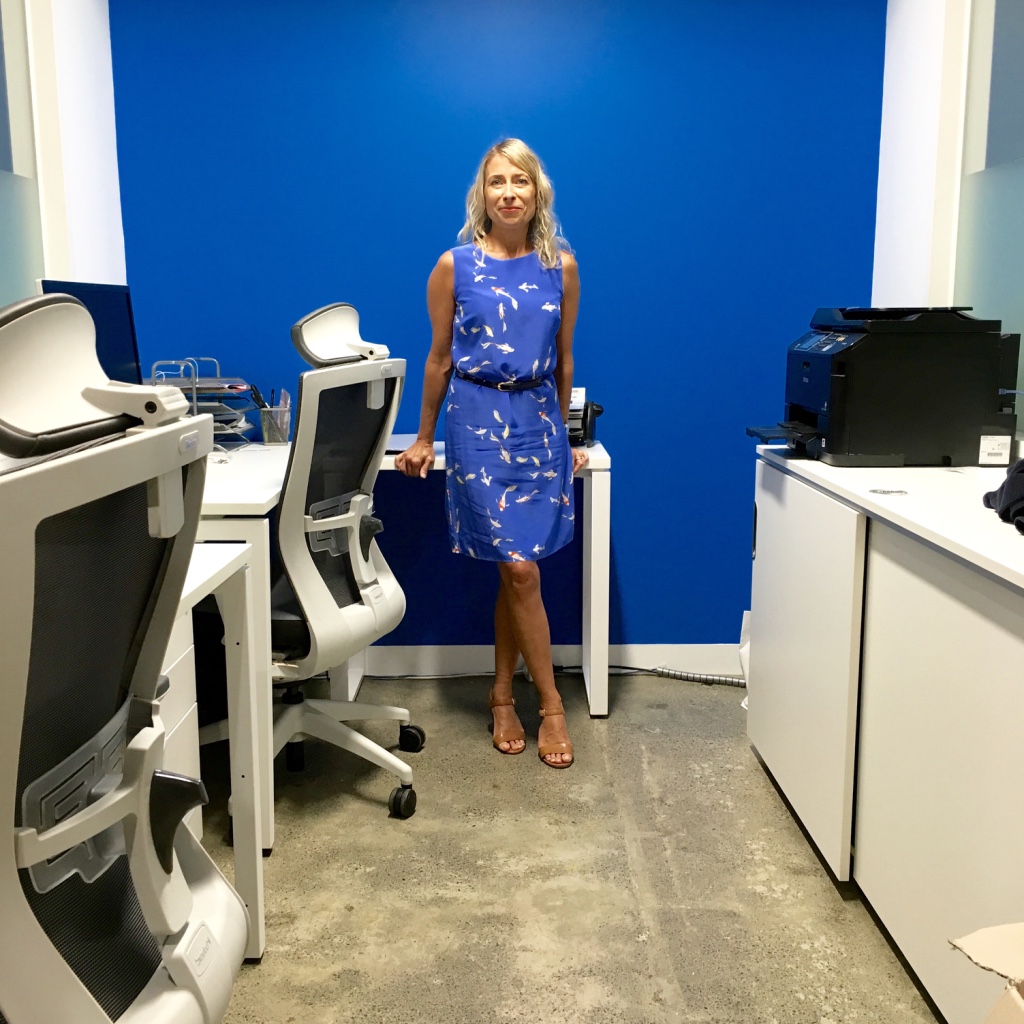Ready for PR? Make sure you do your homework before you sign.
So you’ve got some loose change in the marketing budget and everybody agrees it’s time to do some PR. Before you start the process of choosing an agency that’s right for you, it’s worth taking the time to make sure you’re ready.
Here’s a checklist to help get you started:
1. Images
Do you have a good selection of images of the product, person or service you want to promote? Media require hi res deep-etched images of 300 dpi, at least 1mg. If you don’t have a good image selection, then budget for a photographer before you start. Your PR agency can brief the photographer and advise on the shots required.
2. Spokespeople
Who is going to represent your company or product to the media? It can be one person or more and who says what can depend on the subject. Lifestyle media for example would prefer to speak to a designer or buyer, whereas business journalists will want to speak to the MD.
3. Media Training
Once you’ve allocated your corporate/product spokespeople then take the time to consider carefully how they will front up in an interview. Interviews take many forms, either on the ‘phone or face–to-face, or in front of a camera.
Without media training, and correct preparation, you leave your company wide open to the probing eyes. What you say, or your employees say can affect your reputation either way. Even when you have nothing to hide and a fantastic story to tell, you want to make sure you tell it in the best way possible way to maximise your returns. Many clients who have experienced media training at the hands of a professional will carry the experience through their careers. The investment is worth it. Confidence is priceless.
4. Website and Online Presence
Often I am approached by companies to manage their PR, or provide recommendations to them. The first place I go for information is their website. Journalists do this too. So many times I have seen websites that do not represent the company well. Before you launch your PR campaign, make sure your website reflects who you are, gives relevant up-to-date information about your products or services and also provides an image bank for media to see your products showcased in their best light.
5. Customer Service
It may sound basic to say this, but often companies want to start PR without being prepared on the front desk. Well-placed editorial about your product or services can prompt a spike in telephone calls and Internet enquires. Make sure your customer service team is in place to accept calls and that all lines of communication are open to maximise the PR opportunity.
6. Reporting and Approvals
Once the PR agency is on board, they need to have a day-to-day contact to liaise with. Decisions will need to be made on the company’s behalf and sign-off will be required on media materials, printed items and other activities. It’s worth remembering the old adage ‘too many cooks...’ It’s quicker, more effective and efficient to appoint one person to manage the agency day-to-day.
7. Interviews and Deadlines
The media work to deadlines. If your PR agency phones with an interview opportunity, it’s likely they have worked hard to get it. That’s what you’re paying them for. Most print journalists will schedule in an interview time that works for both of you. TV and Radio journalists are less able to be so flexible. Whatever type of media, deadlines rule. If you appoint an agency, try and be flexible when it comes to interviews, as the media won’t wait.


